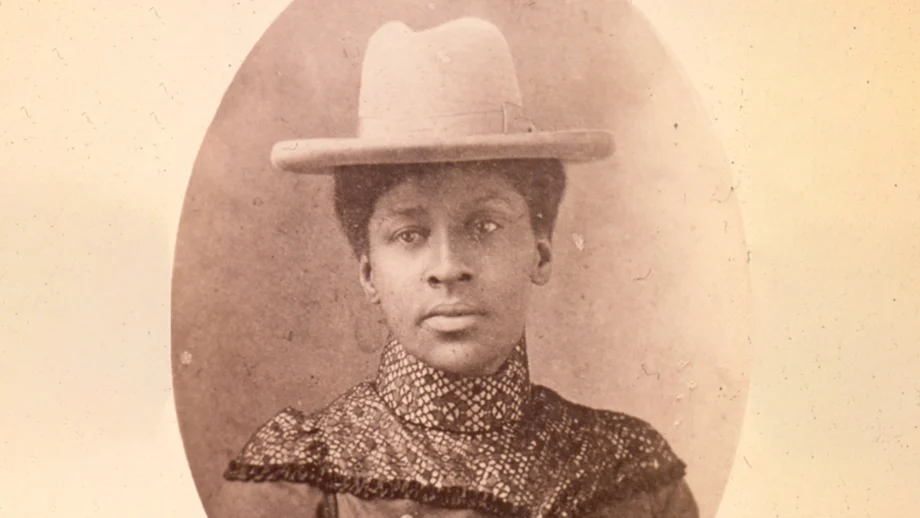CHURCHILL, MB – Famous for its beluga whales, polar bears and port, Churchill, Manitoba is expected to become a major part of the emerging ‘Arctic bridge’, the shortest route between Canada and northern Europe. This new import/export route will help ensure the Town of Churchill remains a key international travel route.
To assist in meeting the upcoming needs and challenges of the Arctic bridge, The University of Winnipeg and the Town of Churchill today announced the signing of a Memorandum of Understanding (MOU). This MOU, signed today by University of Winnipeg President & Vice-Chancellor Lloyd Axworthy and Michael Spence, Mayor of Churchill, will help develop a sustainability plan for the community.
This research project will not only identify ways to improve the ecological, economic and social conditions of Churchill, but will serve as an action plan designed to apply many new technologies on environmental technology, energy conservation and wildlife management. The project is made possible by a significant and generous donation of $100,000 from OmniTRAX, Inc.
“This initiative is the first step to a sustained and productive partnership that will build a sustainability plan designed with the community and for community of the township of Churchill,” said Axworthy. “It will build on Churchill’s increasing importance as a research centre, tourist location, and transport hub to make it a very liveable community with emerging economic prospects as the gateway to the mid-continental corridor of North America. Finally, it will allow us to develop sustainable education programs for young people similar to those currently by The University of Winnipeg in Winnipeg’s inner city.”
“This partnership is significant,” said Spence. “It is a proactive step to tackle the relevant issues that our growing township of Churchill will have to address. This will help our community develop a sustainable plan that will not only benefit Churchill but will help build a sustainable north, and serve as a model for other northern communities.”
The MOU outlines a partnership that will utilize the talents and knowledge of residents, students and faculty, and build new partnerships between diverse organizations. The sustainability plan will be co-produced for the Town of Churchill with support from The University of Winnipeg.
The intention behind the proposed plan is to enable the people of Churchill, working with the Province of Manitoba and the federal government, to make positive changes to the ecological, social and economic conditions of the town, so that it can continue to thrive indefinitely in its current location while minimizing negative impacts on the surrounding region and environment.
Initial UWinnipeg project members consist of experts, key staff and support members (listed below), that will adapt and change as different needs arise and the project unfolds.
Initial Project team members:
Dr. Danny Blair, Professor and PARC-MB Hydro Climate Change Research Chair.
Danny will add considerable expertise in the assessment of climate change issues.
Dr. Jino Distasio (Director) Institute of Urban Studies.
Jino has considerable experience in community development and housing issues.
Michael Dudley (Research Associate, Institute of Urban Studies)
Also a city planner, Michael has extensive experience in project management and information transfer.
Terry Duguid, President and CEO of the International Centre for Infectious Diseases (ICID).
Terry will serve as a key member of the project team, bringing a wealth of experience in both policy and research. Terry also has extensive experience in Churchill.
Arne Elias, Executive Director, Centre for Sustainable Transportation.
Arne will head up the examination of the sustainable transportation component of the project and along with key members of the CST staff, will add considerable expertise in the examination of transportation issues.
Dr. Patricia Fitzpatrick (Assistant Professor) Geography
Patricia has worked in Northern Canada on development issues and sustainability.
Dr. Richard Staniforth, Professor Biology (retired)
Richard will provide his extensive knowledge in biology to support the project. He has considerable knowledge of the Churchill region and the Churchill Northern Research Centre.
Susan Mulligan (Research Associate, Institute of Urban Studies)
As a city planner, Susan has worked on many development projects and served her internship in a northern community. Susan is an expert in urban and Aboriginal issues.
Dr. Gina Sylvestre (Research Associate, Institute of Urban Studies)
Gina is a leading researcher in population studies and rural issues facing seniors as well as transportation.
Increasing global interest from Russia, Finland and Iceland point to Churchill playing a much more prominent role on the national and international stage. Yet Churchill faces a number of significant challenges: isolation from most of the country’s major infrastructure, a stagnant economy, a shrinking population and the unknown impacts of climate change. The great importance of both economic and environmental factors to the quality of life in Churchill indicates what is needed to both address these challenges and make the most of new opportunities is a holistic and integrated approach to community planning.
Axworthy, who served as senior federal minister for Manitoba from 1980 to 1984, and again from 1993 to 2000, was instrumental in overseeing the transfer of ownership of the Port of Churchill and the railway line that serves it from the Government of Canada to OmniTRAX, Inc. He now serves as Chairman of the Board of the Churchill Gateway Corporation, a public-private partnership between the federal government, the Province of Manitoba and OmniTRAX, Inc, responsible for marketing the Port of Churchill to the world.
The Centre is in the process of a capital campaign to raise $15-million in support of this renewal project. So far, $8.2-million has been raised from a number of major donors including The W. Garfield Weston Foundation, Manitoba Hydro, OmniTRAX, The Nature Conservancy of Canada, The MacArthur Foundation, Town of Churchill Mitigation Trust, The Thomas Sill Foundation, Calm Air International Ltd., Royal Bank Financial, CNSC members and the local Churchill business community. More information can be found at www.churchillscience.ca.




